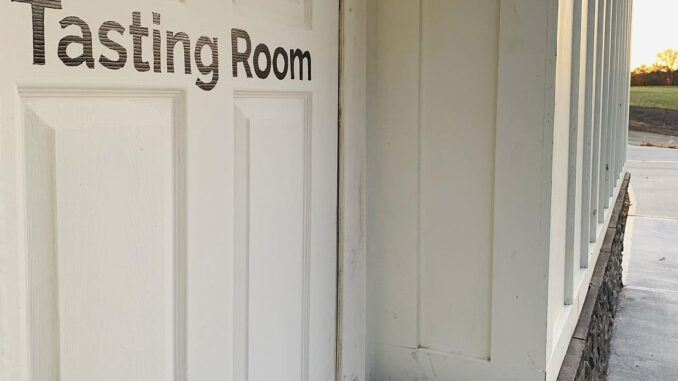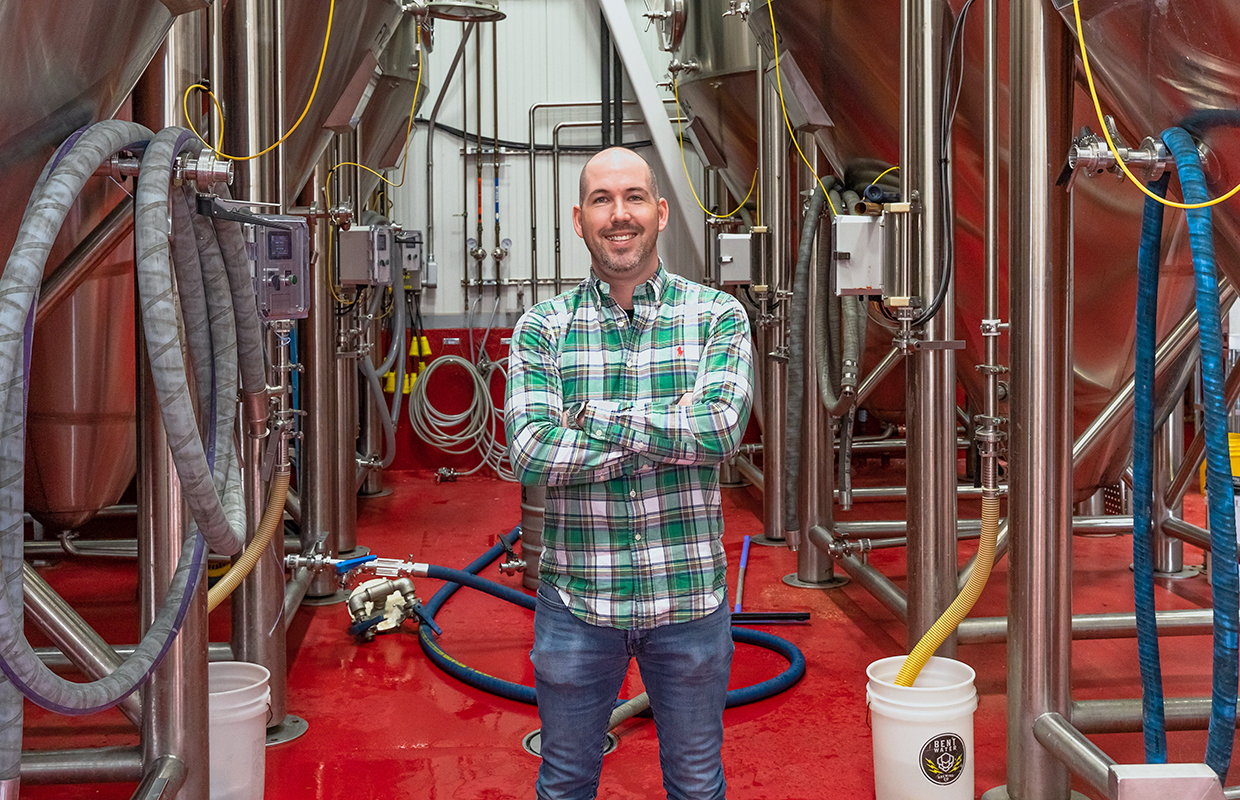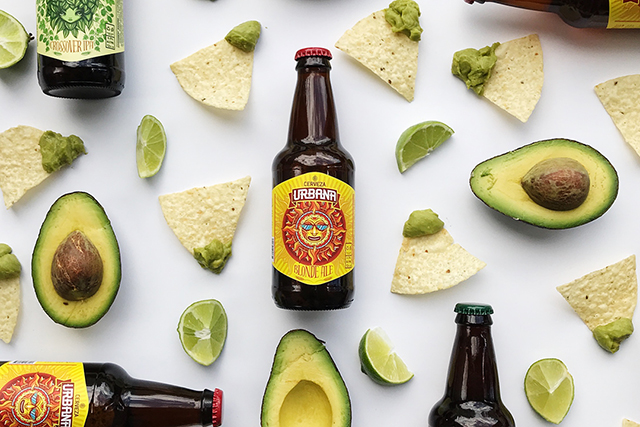
As the heartbeat of your cidery’s interaction with consumers, a well-structured taproom not only cultivates customer loyalty but also serves as a beacon for quality assurance, community engagement, and sustainable growth. Prioritizing and enhancing best practices is not just advisable; it’s indispensable for the enduring success of your cidery.
Maintaining the tasting room’s Standard Operating Procedures (SOPs) is a part of this and keeping employees up to date on these is vital, starting with the day they are hired while updating as needed.
After screening for folks who understand the agricultural nature of what Ploughman Cider is doing — since it’s central to the brand and what makes them stand out — Ben Wenk said they start each hire with education on cider and apples before starting in on training specific to the brand’s ciders and blends.
“Hiring is difficult,” said Tommy Evans, cidermaker for Two Story Chimney. “My biggest thing is reliability. I try to identify my different bartenders’ strengths and give them responsibilities and tasks that allow them to play to their strengths.”
READ MORE: Cider Corner: Hiring Great Sales Reps
Golden State Cider trains its staff to highlight to consumers its ciders as crafted from 100% cold-pressed apples and champagne yeast, with real ingredients sourced worldwide, ensuring consistent excellence.
“(We have) a small taproom with very little storage, so we thrive by implementing systems and sticking to them,” said Director of Marketing, Breanne Heuss. “Having our systems communicated well and written down makes it easy for everyone to follow and maintain them.”
Some of Golden State’s most important SOPs are for opening and closing the taproom.
“We also often reference our side work SOP during downtime,” Heuss said. “We have implemented a ‘check off and sign’ policy to help ensure that the team members are carefully looking through the SOP while executing the tasks. The team has reported back that this approach has been effective.”
A good second step that Wenk said is important for Ploughman is continuing education to the next level.
“Once we’re done with this first step, most employees are prepared to take the American Cider Association CCP1 or ‘Cider Guide’ training certification,” he said. “We offer a raise, hourly, for those who achieve this certification.”
The hardest thing for Evans, he said, was to learn or accept that everyone has strengths and weaknesses, and accepting that makes building a good team much easier.






Be the first to comment